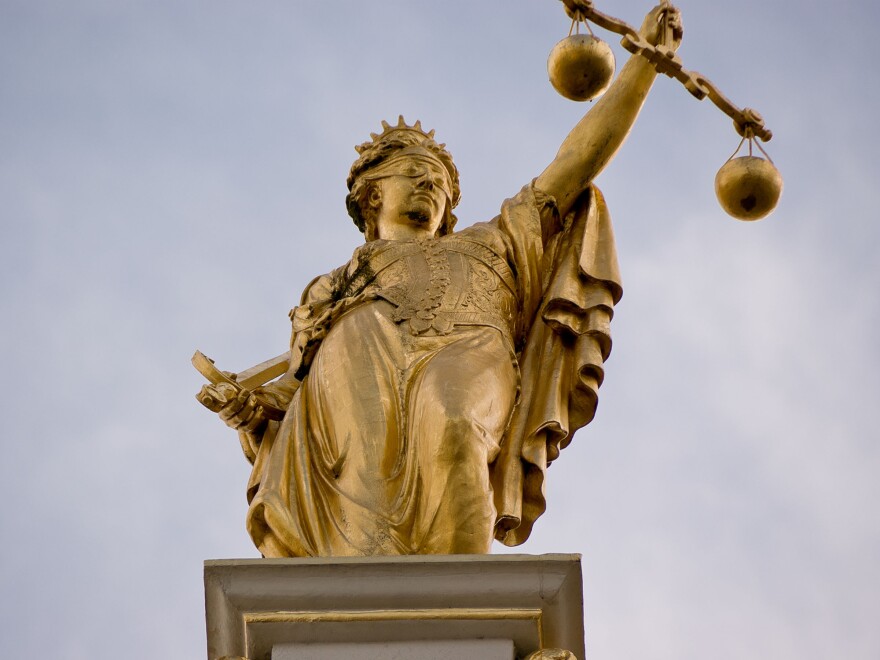Para leer este artículo en español, haga clic aquí.
A program to expunge or seal criminal records of western Mass. residents will begin again next month. And doing so can provide a second chance for those impacted.
Many employers use background checks, known as CORI's, in the hiring process. And it's not just convictions that appear on the reports, but also cases that were dismissed.
"They think that if they were done with the case, the case was dismissed, they think it will not be there in their CORI," said Gladys Vila-Carreras, a staff attorney with the Western New England University School of Law, which is spearheading the effort. "But it's still there and they will have a waiting period."
Vila-Carreras said those with misdemeanor cases must wait three years before applying to the court to have their records sealed or expunged, and seven years for a felony.
The Puerto Rican Cultural Center is also part of the effort. Its director, David A. Silva, said this situation can create barriers for those who were involved in the criminal justice system. It makes it difficult for people to find better paying jobs. It also can be a problem for those trying to find housing.
"That creates a barrier because, one, the housing shortage, the stigma behind a CORI and just the landscape," Silva said. "Landlords can be more selective."
While PRCC focuses mainly on cultural initiatives Silva said this effort fits another of the nonprofit's objectives.
"Two of our core values are to educate and empower. This collaboration does just that. It forces people to reflect on their past decisions that [may have stemmed] from personal necessity or irrational decisions with dire consequences," he said.
Silva said the possibility of expunging their records gives people a second chance.
"Expungement can offer new opportunities for a promising future for the individual... empowerment," he said.
Law students and other volunteers from Western New England University's school of law will provide free CORI checks to those interested in early October, evaluate their cases and work with them in going through the legal process to try and get criminal records sealed or erased.
“I am thrilled that Western New England University’s Center for Social Justice and the School of Law’s future lawyers continues to provide second chances and access to employment opportunities for those in need,” said WNEU President Robert Johnson. “These events provide individuals with criminal records who may be facing barriers to housing, employment, and even education an opportunity for a second chance. Together with our partners, we’ll change people’s lives.”




